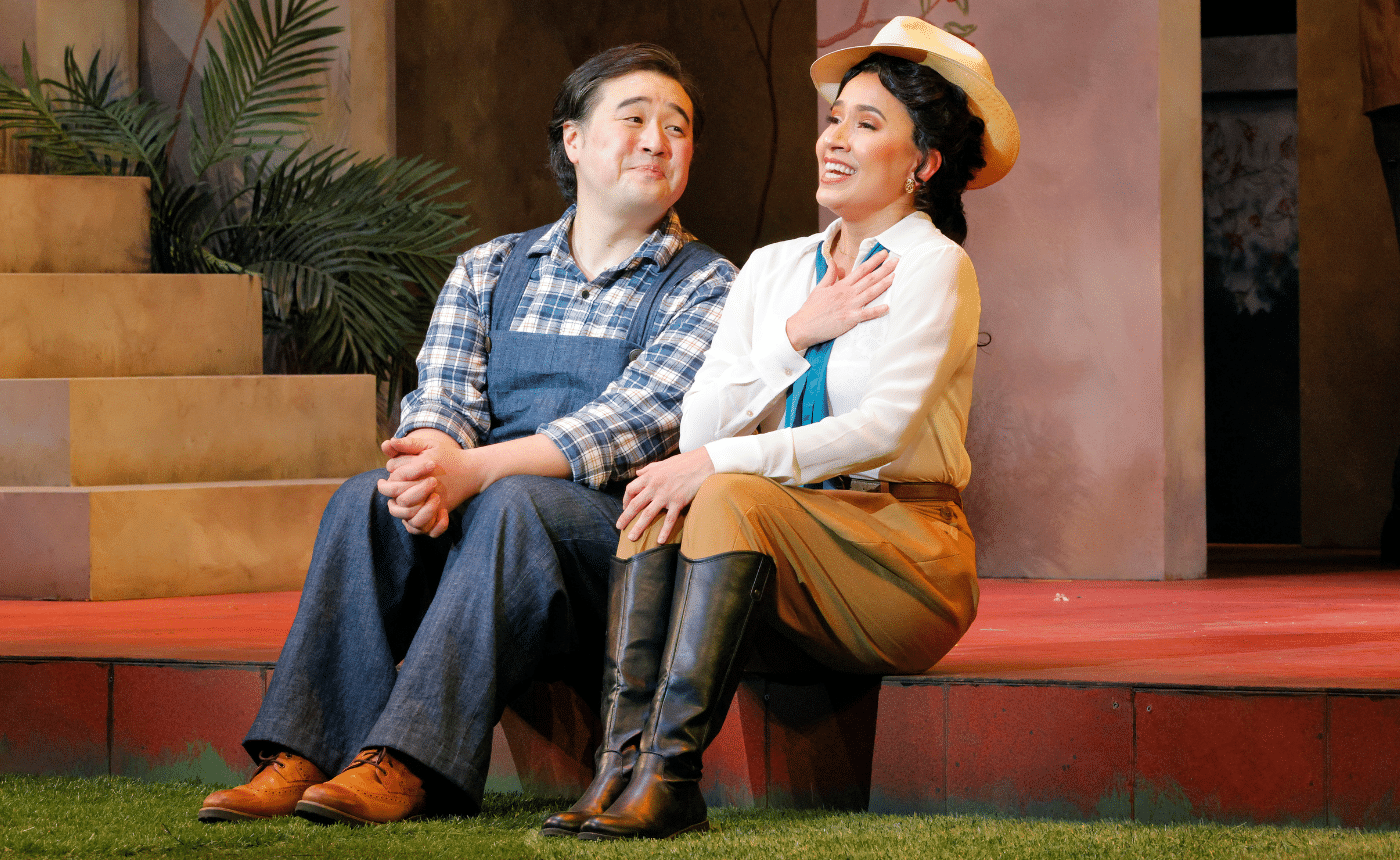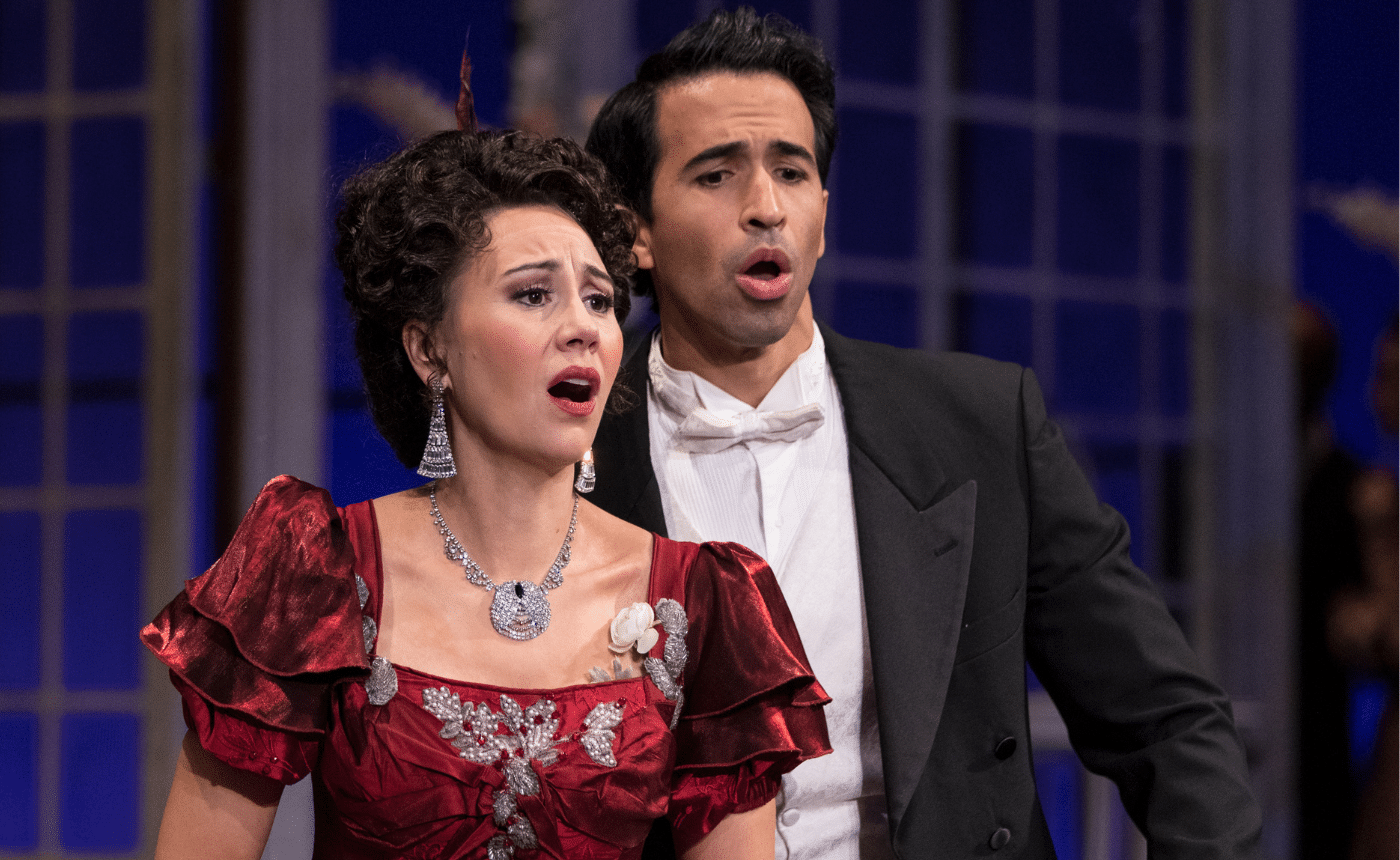Infrequently Answered Questions
Digging Deeper on What it Takes to Make the Music
by Leslie Peterson & Jeff Counts
On Utah Symphony | Utah Opera’s Ghost Light Podcast, we like to give listeners a “behind the curtain look into the world of classical music and the artists who make it.” Through interviews and in-depth discussions, the mysterious and unknowable elements of creativity are explored and, we hope, coaxed out into the light. But that’s just the magic. What about the science? The simple math? USUO is frequently asked what makes a great orchestra or opera company like ours tick, but we don’t always give ourselves the time to answer thoroughly. Let’s fix that now by pulling back the curtain even more to peer past the music and into the business that supports it. Here are five of the most common questions:
Q: What does it really mean to have an orchestra and opera company of the caliber of USUO in our community and the Intermountain West?
A: It means we can and should boast about a few things. Like the fact that Utah Symphony is one of only 17 full-time professional American orchestras. That is vanishingly few, in the grand scheme of the industry globally. We can also be very proud that we host a major summer music festival in Park City every year. And what about the stat that Utah Opera is one of only six opera companies with full costume and set building capacities? Six! Our $29 million budget allows us to reach a diverse annual audience of over 350,000 people, including 100,000 students, so the reputation of USUO is very strong. But the endowment fund of $42M, with its ratio of 1.8 to operating expenses, is below industry average and far below the best practice of five times the annual operating budget.
Q: Okay, you’re very good at what you do, but what is the real impact of USUO on our community?
A: USUO creates economic impact right here, where we perform and live. We are ambassadors for the quality of life in our state and, through our broad range of performances to suit many musical tastes, we contribute to Utah’s vibrant creative industry by employing approximately 150 full-time people and about 400 part-time, seasonal, and contracted artists. Underlying the art you love is a complex business apparatus, made up of entrepreneurs, innovators, creative artists, industry leaders and successful philanthropists. USUO is a flagship organization for the entire Intermountain West, and we respond to that honor with great humility and professionalism. At USUO, we understand that we need to be flexible to meet the demands and shifting landscapes of the time, and that we require investors to help us fulfill our mission. Lastly, let’s not forget that we have brought some of the music world’s best artists to our stages at Maurice Abravanel Hall, the Janet Quinney Lawson Capitol Theatre, and Deer Valley, among them such luminaries as Yo-Yo Ma, Itzhak Perlman, soprano Wendy Bryn Harmer; Yefim Bronfman, Augustin Hadelich; Steve Martin; Diana Krall, Hilary Hahn, Chris Botti, The Beach Boys and so many others.
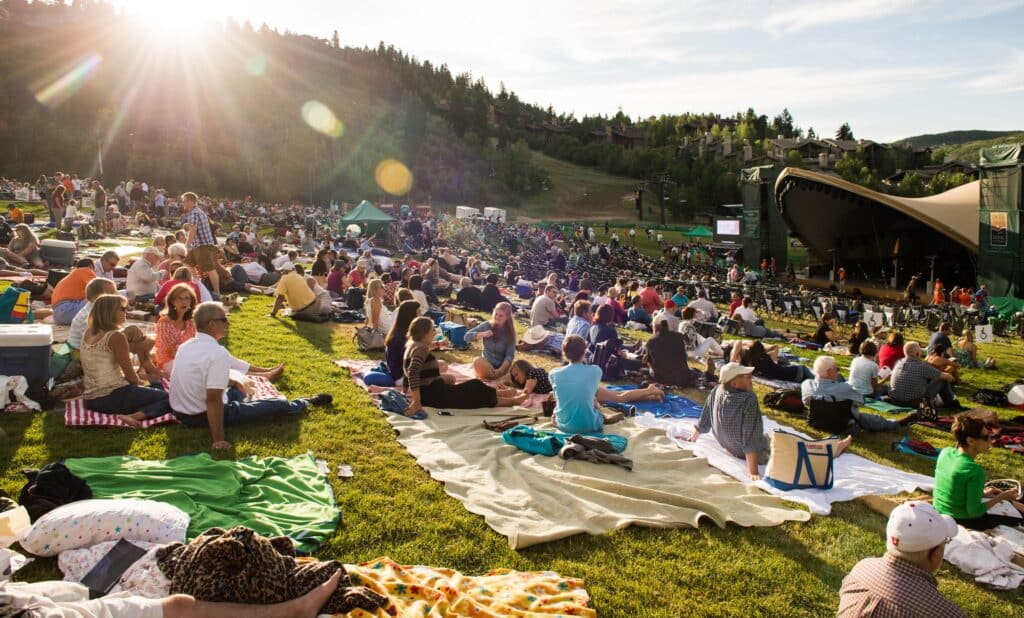
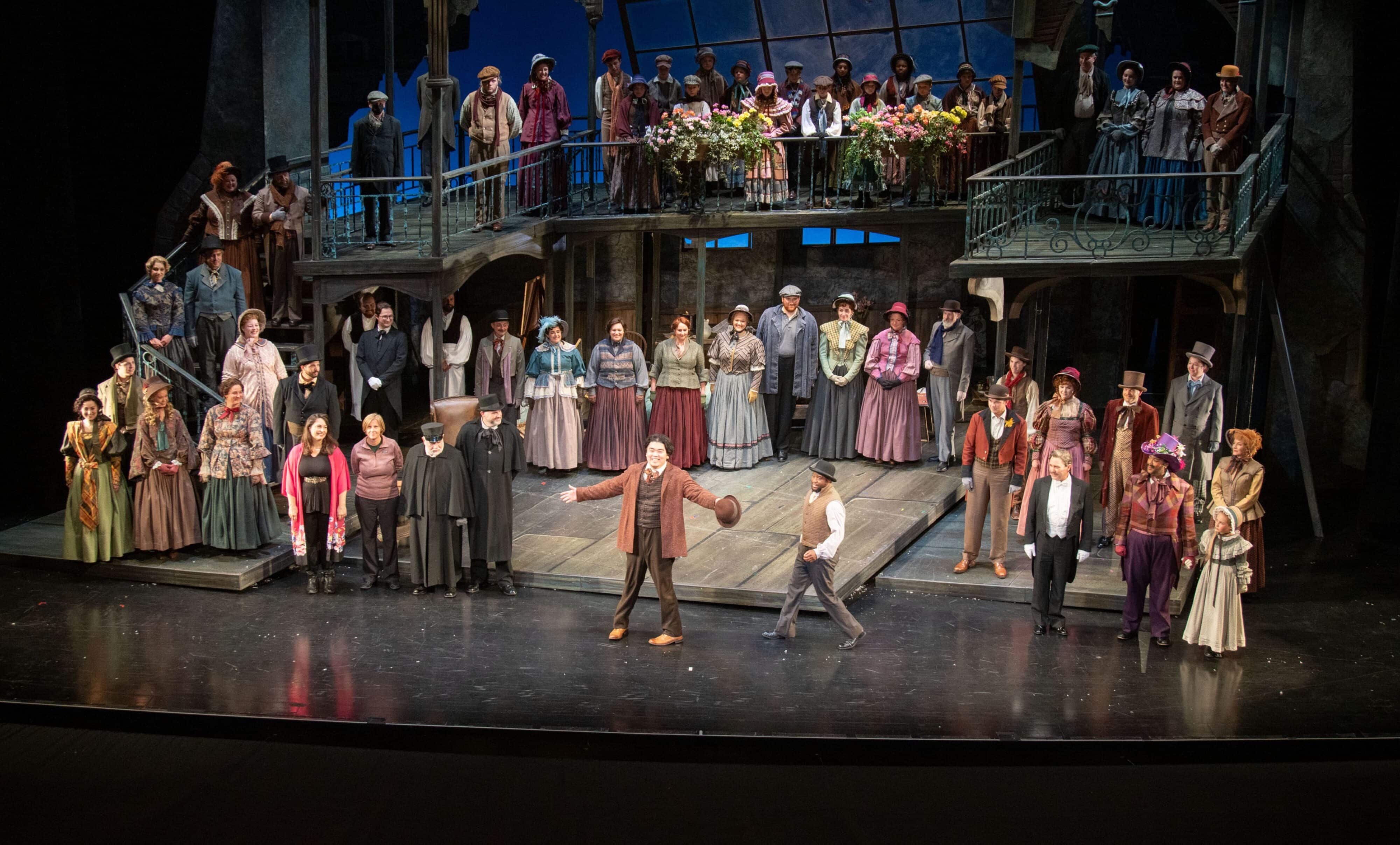
Q: Why can’t USUO operate on ticket sales alone?
A: This is an age-old problem, and it goes beyond us. Very few not-for-profit organizations, including health care and social services institutions, colleges, and university athletics and libraries, can provide their services with only the money paid directly by those who use them. Think of it this way: when you purchase a ticket to a USUO event, it only covers 1/3 of the actual cost. The remainder comes from contributions from individuals, foundations, and corporations. For example, each $40 per ticket sold, in effect, necessitates an added subsidy from gifts and grants of about $80. The average ticket price to a Utah Jazz game, by contrast, is $153. That’s the AVERAGE! We know we can’t go that high, even though the costs associated with our two art forms are significant. Our goal to keep the arts accessible to everyone is just too important to us, so our ticket prices must remain well below the need.
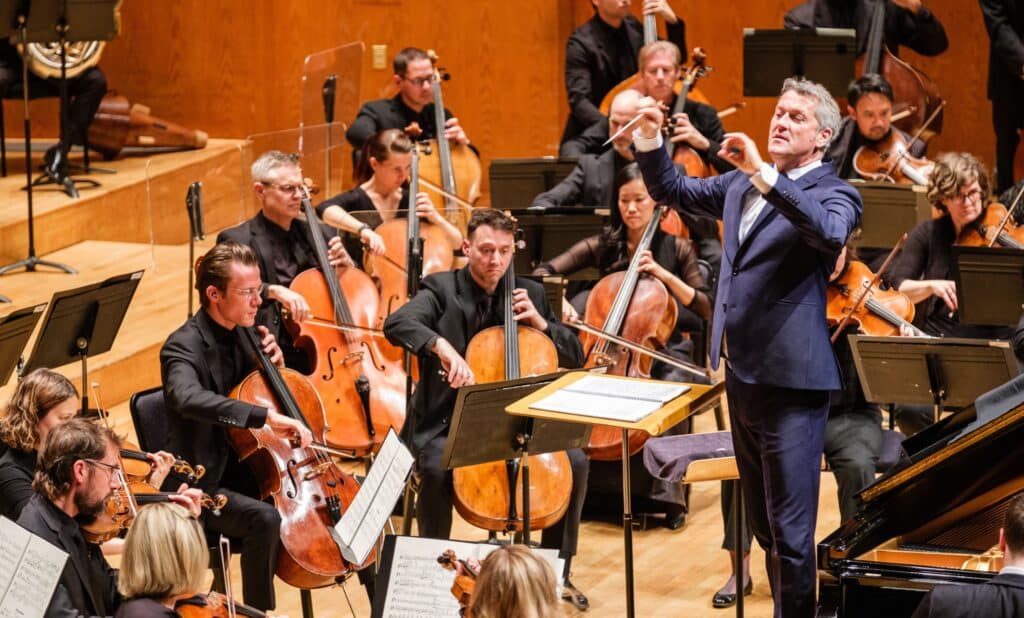
Q: Why are symphony concerts and opera performances so expensive?
A: It’s all about the amazing people on stage. Like the incredibly gifted Utah Jazz athletes, our artists—musicians, singers, designers, and directors—are among the most elite in the field. Our opera singers perform all over the world in some of the most prestigious opera houses. They devote a month of their time for rehearsals and performances in SLC for each of our productions. And, collectively, our Utah Symphony players have been mastering their instruments for 2,744 years! For this institution alone they have contributed a combined 1,155 years of service and no less than 165 college degrees. Among all the orchestral musicians in the United States, only 1,942 have jobs with major symphony orchestras. That’s it. This is why auditions for our positions are highly competitive and attract many candidates from around the world. One last note about our beloved Utah Jazz players: they work in an industry with an average salary of $10 million and a minimum starting pay of $1 million. As high as our expenses are relative to what we earn from tickets, that compensation level is a universe away from what we can provide on an individual basis.
Q: Utah Symphony has Music Director “Designate”. What does that mean?
A: We are THRILLED with the recent announcement about Markus Poschner’s appointment to the position of Music Director Designate. It’s more typical than you might think to have “Designate” in the title initially. The best conductors often have multiple overlapping jobs around the world, so that qualifier simply means is that Maestro Poschner’s responsibilities here will be ramping up over the next several years as his other commitments wind down. It does NOT mean he won’t be fully engaged in his leadership role with USUO from the start, collaborating closely with CEO Steve Brosvik, Utah Opera Artistic Director Christopher McBeth, and recently announced VP of Symphony Artistic Planning Kerry Smith. It’s happening already! Just as Christopher McBeth has a wide network among opera professionals to discuss co-productions, new works, artists, and best practices, Maestro Poschner’s affiliations with other orchestras is bringing enormous value to USUO through his work with and exposure to rising artists, new composers, and ideas. There are no half measures in this line of work, and our new Music Director Designate Markus Poschner is all in!



